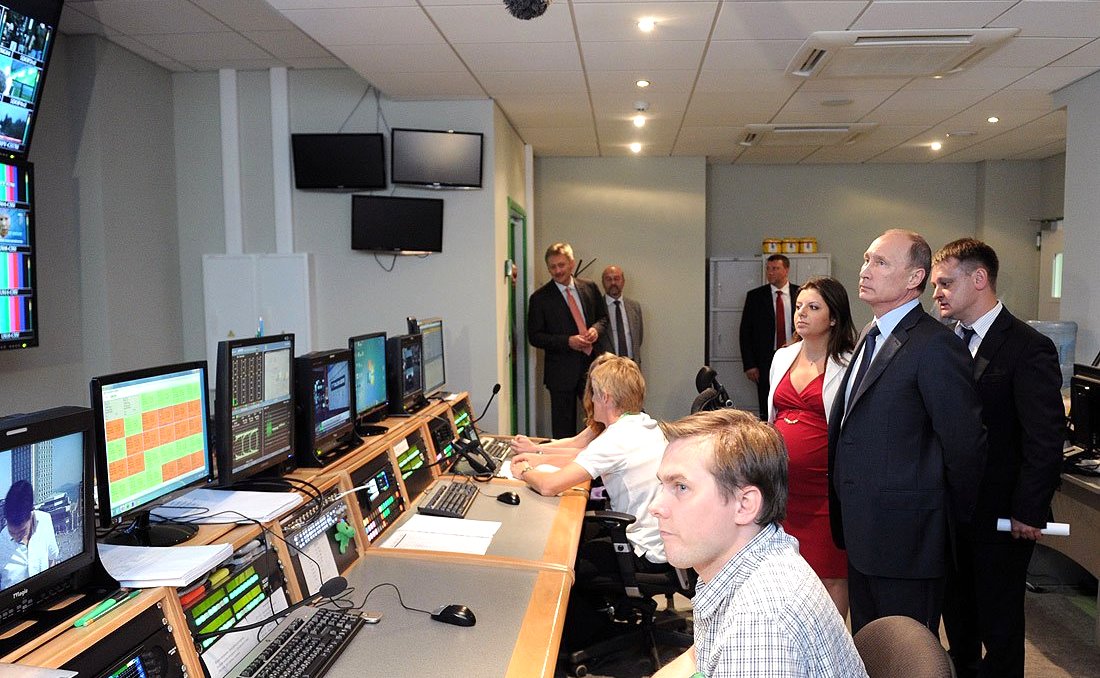Mr. Putin, Tear Down This Crypto Wall
Bitcoin was originally designed to be stateless, decentralized, and able to facilitate totally free exchange. So it’s not surprising that the Russian government, with its centuries-long tradition of opposition to pretty much all those things, would take a particularly heavy-handed approach to the cryptocurrency. Some might expect that the current Russian regime would do everything it could to ban cryptocurrencies and hope they go away, but Russia’s response appears to be more complex and perhaps self-contradictory.
Russian officials’ recent rhetoric on cryptocurrencies has been far from enthusiastic: “The use of cryptocurrency as a surrogate for the ruble in trading in goods and services, in our opinion, has a risk of undermining the circulation of money,” said central banker Elvira Nabiullina. “We will not allow the use of crypto-currency as a surrogate money.” To that end, the government seems to be encouraging its wealthier citizens to treat cryptocurrencies as long-term assets rather than currencies. Russia’s finance ministry is drafting plans to treat them like “federal loan bonds” (basically a tradeable security rather than currency) and allow Bitcoin and Ethereum to be traded on the Moscow Stock Exchange by “qualified investors.” Qualified investors must have over 6 million rubles in assets. While that wouldn’t restrict purchases to just the very wealthy (just over $100,000 at today’s exchange rate), it would still prevent the free flow of digital currencies.
Perhaps strangest of all, the government-sponsored Russian Association of Blockchain and Cryptocurrency (yes, that’s a real thing) announced plans to subsidize electricity for some Bitcoin miners in the country. Miners, who run Bitcoin’s blockchain-based payment system and are compensated in newly created bitcoins, incur large energy costs.
Bitcoin and Ethereum will likely not have value in the long term unless they prove useful to people as currencies. The Russian government seems to be placing a positive bet on these cryptocurrencies while simultaneously working to undermine their long-term value. It wants its citizens to mine bitcoins, sell them on a stock exchange to wealthier domestic investors, and then place restrictions on using them that would likely lower their value. Of course, governments are composed of numerous individuals, each with their own opinions and agendas, so we should never be surprised when it looks like they aren’t fully on the same page. Or perhaps the real strategy is to horde cryptocurrencies, hope other parts of the world begin to depend on them as money, and then sell at a profit at best or manipulate the market at worst.
Russia should remember that it can’t fully micromanage cryptocurrencies. While monitoring transactions from millions of anonymous and encrypted digital wallets is not impossible, it is difficult and costly. But this set of announcements from Russia also provides a lesson for Bitcoin’s sometimes-utopian supporters: just because a cryptocurrency doesn’t rely on a government in a traditional sense does not mean governments and other large centralized entities won’t manipulate or distort the market. The outcome of these efforts will be a key factor in determining the currencies’ long-term success.











